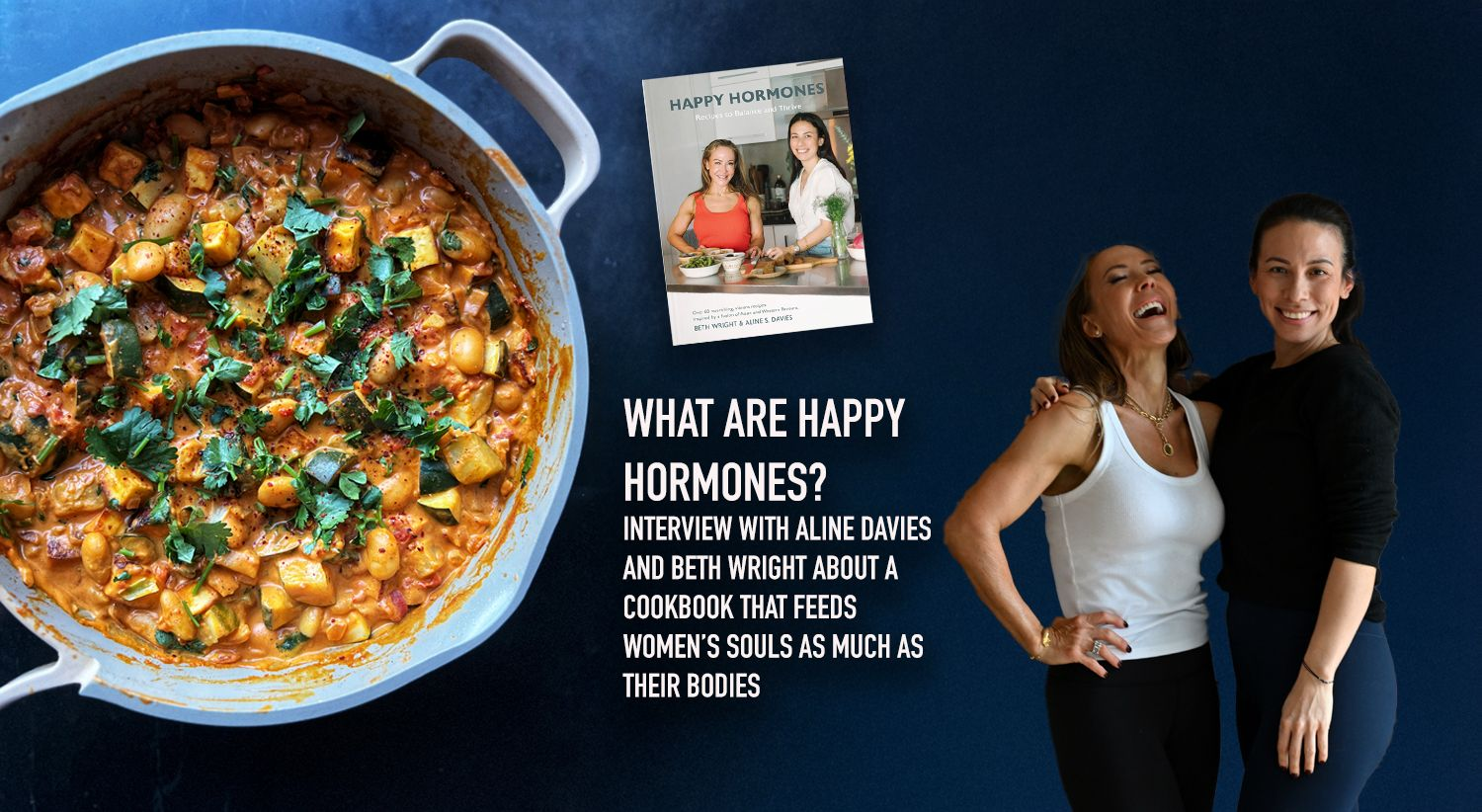Over the past two decades, Brené Brown’s extensive research into the experiences that make us who we are has shaped the cultural conversation and helped define what it means to be courageous with our lives. In Atlas of the Heart, Brown maps out eighty-seven emotions and experiences that define what it means to be human, giving readers the language and tools to share and steward the stories of our bravest and most heartbreaking moments with one another in a way that builds true connection.
1.
Q: Why is the book called ATLAS OF THE HEART?
B.B.: In most of my books I’ve shared the line, “I am a mapmaker and a traveler.” It’s my way of saying that I don’t have all the answers. I have data and I use that data to chart a course that I’m sharing and trying to navigate at the same time. When I set out to communicate these eighty-seven emotions and experiences, I thought of maps and how beautifully they integrate many layers of information. I want this to be an atlas for all of us.
2.
Q: What were some of your biggest insights from this new research?
B.B.: Doing this research and writing this book has taught me that our emotions and experiences are layers of biology, biography, behavior, and back-story. Every single day, our feelings and experiences show up in our bodies, they’re shaped by where we come from and how we were raised, they drive how we show up, and each feeling has its own unique backstory.
3.
Q: How do we have to gain from having a more granular understanding of the language of emotion?
B.B.:To form meaningful connections with others, we must first connect with ourselves, but to do either, we must first establish a common understanding of the language of emotion and human experience. Years ago, we collected surveys from over 7,000 people and the average number of emotions they could recognize in themselves and name was three: happy, sad, and angry. Trying to express the vastness of human emotion and experience through so few words is severely limiting. Without accurate language, we struggle to get the help we need, we don’t always regulate or manage our emotions and experiences in a way that allows us to move through them productively.
4.
Q: What do you hope readers will take away from the book?
B.B.:It’s pretty simple – I want us to find a way back to ourselves and each other. We are so much better at causing pain than we are at feeling pain. If we can just turn toward what’s hard in our lives and talk about it with someone we trust, we can change ourselves and the world. I hope this book offers people the language, tools, and courage to lean into our emotions and lean into each other. We don’t have to do this alone. We were never meant to.
PRE-ORDER NOW
This interview was run by Penguin Randomhouse US. No part of this interview may be published without the permission in writing from the publisher.



